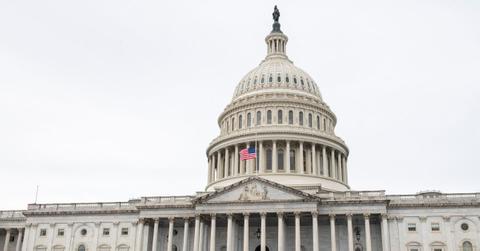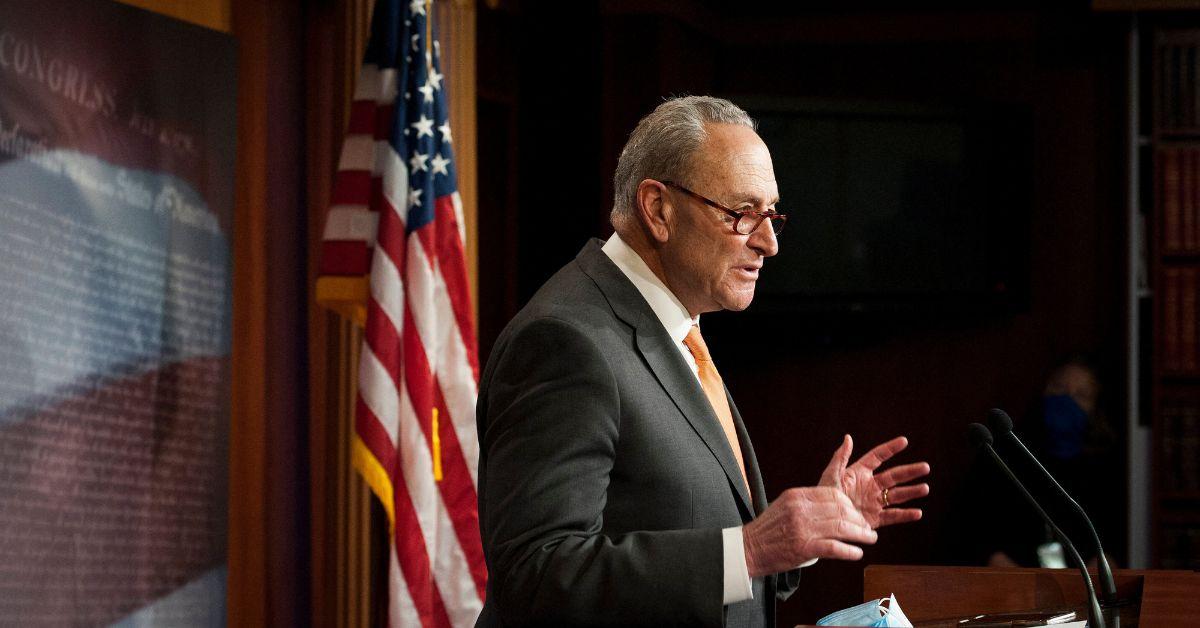The Senate's No Tax on Tips Bill Has Some People Confused About What It Means
The bill passed, but that doesn't mean it's going to become a law.
Published May 21 2025, 11:32 a.m. ET

Although Congress has not been super busy through the first few months of the second Trump administration, the Senate unexpectedly passed the No Tax on Tips Act unanimously on May 20, leading some to wonder the implications of that bill might be. The issue of tax on tips first gained traction during President Trump's campaign for reelection.
Although the bill would still have to work its way through the House of Representatives and be signed by the president before it could become law, many people are already wondering what it might mean. Here's what we know.

What does no tax on tips mean?
At the highest possible level, this bill would exempt cash tips from federal income tax, meaning that workers who rely on tips to make a living would not have to pay any taxes on that income. More specifically, the bill would exempt "cash tips," which include tips given in cash, by check, or through a credit or debit card, from income taxes. Eligible employees will be able to claim a 100 percent deduction in their tax filings for amounts of up to $25,000 per year.
The exemption would only apply to tips "received by an individual...in an occupation which traditionally and customarily received tips on or before December 31, 2023," according to the legislation. The Treasury Secretary must also publish a list of eligible occupations no later than 90 days after the bill's passage, the legislation also states.
This specification is designed to ensure that people with powerful accountants don't simply make their income into tips so that it can't be taxed.
The legislation also states that only employees who were compensated less than $160,000 in the 2024-2025 tax year would be eligible for the exemption, and they would also have to report their tips to their employes so that payroll taxes could be withheld.
Experts are skeptical about the bill's impact.
Although it might sound great for tipped workers to get taxed less heavily, The Washington Post has reported that experts suggest that this provision might not improve conditions for workers that much.
According to the experts, tipped workers are not a large share of the labor force, and they also tend to be "much younger than non-tipped workers, and many already have very low federal income tax liability," according to an analysis from Yale's budget lab.
It's also possible that employers could start to classify more of an employee's income as a tip, and the employees could do the same, which could cost the federal government several billion dollars in revenue every year.
There are also potentially unintended consequences, including the fact that untaxed income does not go towards a person's eventual credit for social security.
Given the popularity of the proposal, though, it seems like it might wind up becoming law even in spite of these concerns. It will represent a tax break for some, but it's unclear what its overall impact might be.